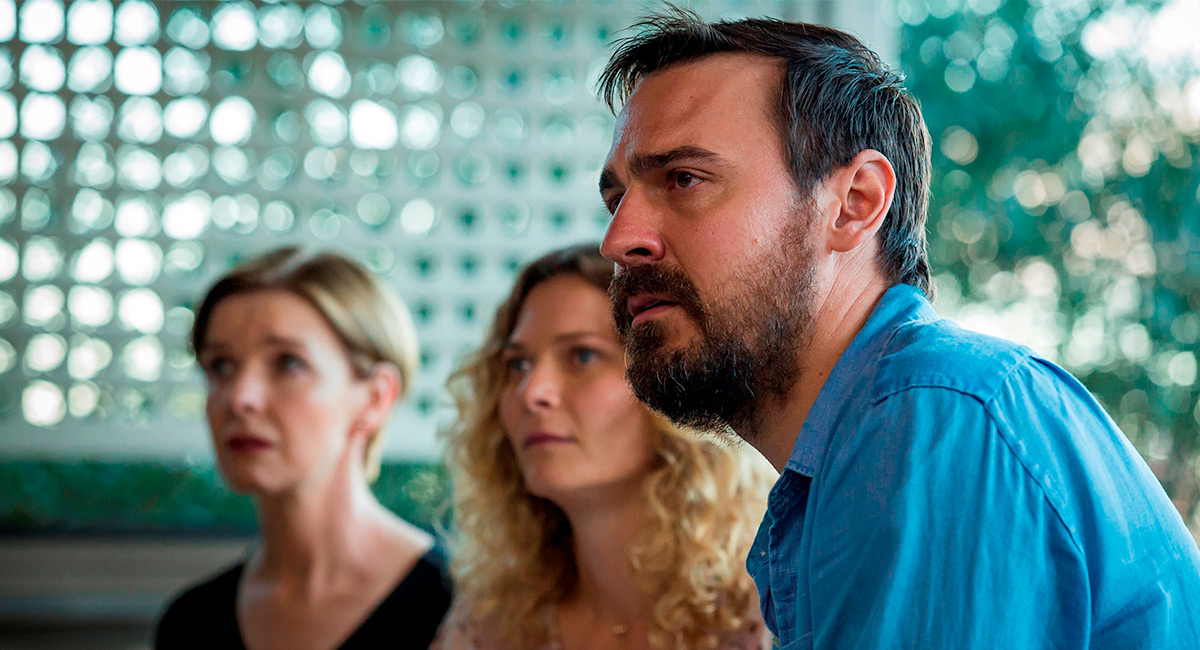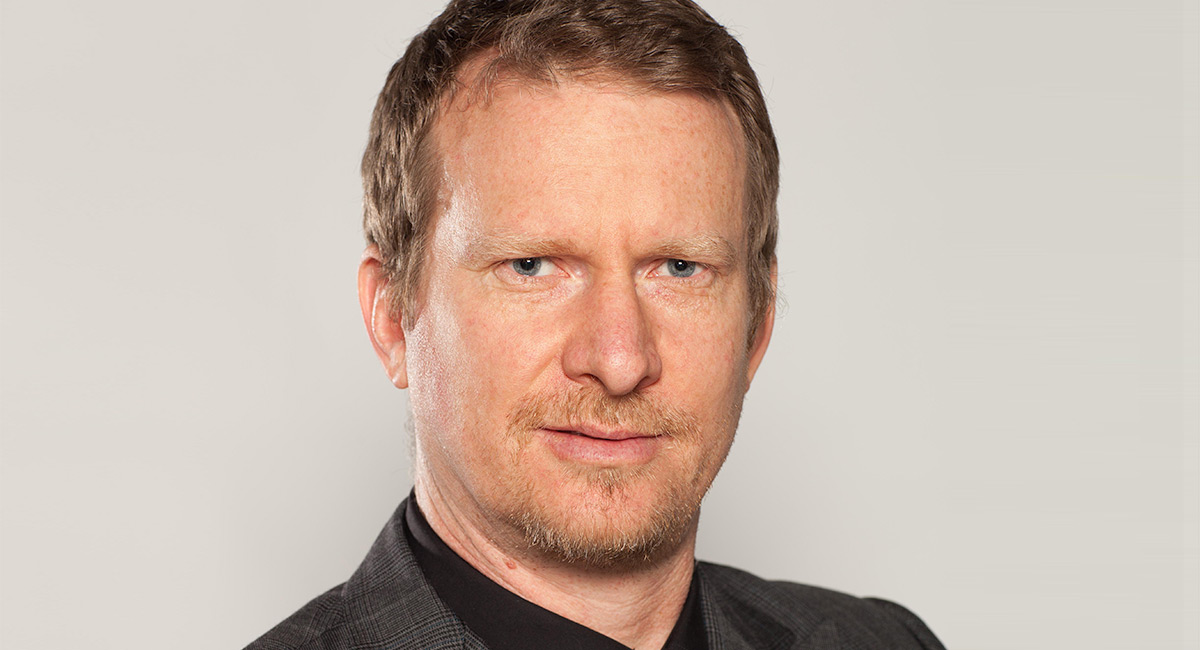In our series of interviews with the controllers of what Australians get to watch on television, Mediaweek’s James Manning speaks to SBS director of TV and online content Marshall Heald.
• Seven’s director of network programming Angus Ross
• Network Ten’s chief content officer Beverley McGarvey
• Nine Network’s program director Hamish Turner
• Foxtel’s executive director of TV Brian Walsh
—
Is your 2018 strategy very different from previous years?
Not really – we have been running a pretty consistent programming strategy for the past couple of years. We remain very focused on trying to have a very strong point of difference.
With the launch of all the reality shows, we stick to what we are great at, which is having a really strong factual lineup at 7.30pm every night so that audiences have a clear alternative to reality TV. We offer a place to tune in for thought-provoking documentaries that help Australians understand the world in which they live.
Avoiding the reality onslaught
Without big commissions, we tend to try to avoid playing them in the first few weeks of the year when the big reality series are launching as they take a lot of viewers out of the market.
• SBS drama in 2018: Five new Aussie commissions + returning global hits
As a much smaller broadcaster we tend to be a counter programmer. Things we are proud of that we have near the start of the year include Muslims Like Us and then Safe Harbour in March.
We are always looking for tactical opportunities to get things to audiences, particularly as things start to settle down slightly.

Safe Harbour
Content themes on different nights
From Sunday through to Wednesday we like to offer a strong factual/documentary theme.
• All the documentaries coming to SBS in 2018
Sundays we tend to showcase history, Monday tends to be more medical or health, Tuesday is the place for our current affairs flagships and Wednesday we program our big commissions around contemporary issues.
Later in the week we tend to play more drama, usually starting on Wednesday or Thursday. Friday nights tend to be a bit of a mix while on Saturday there is sport.
SBS doesn’t shy away from late-night scheduling
We realise our audiences like our content, but they also like watching other things as well. We are a counter programmer and always looking to put content in places where audiences will find them. We don’t compete with the other networks and it makes no sense to put big commissions head to head with the commercial networks.
That doesn’t work for anyone. We are about finding the best opportunities for our shows, taking into account what is happening in the rest of the market.
We have a lot of drama available on SBS On Demand and some of the later night slots for those shows work best.
Summer audiences for On Demand
The previous summer we had Midnight Sun and then during 2017 we had Handmaid’s Tale. We had good audiences for some smaller titles this summer like Ride Upon The Storm, which helped us record a January audience that was our second-biggest ever for On Demand.
Our strategy of using tentpole titles and then using them to grow audience interest in our broader offering is really working.
Will your acquisitions annoy others networks this year?
We have had a consistent editorial strategy for a long time. We always look for a point of difference and we always try to acquire programs with intelligence and insight. We want the best in world drama, the best in high-end documentaries. From time to time we will pick up something which no one really anticipates might be the kind of success it is.
The Handmaid’s Tale was a huge success but, when we bought it, the show looked like it might have been a smaller series given it was fairly serious and covered gender politics issues.
When a show like that does pop, other people tend to look at SBS and say they would have liked that.
There is new Handmaid’s Tale in April and I would anticipate that being incredibly popular again this year. We also have a second season of The Good Fight coming along. It was important for us as it was about understanding diversity and it has the ability to reach wider audiences.
And I am really excited about Safe Harbour, which has had an incredible international response and it has also been screening at the Berlin International Film festival. It is a beautiful series that speaks to our core purpose that is also very fresh and innovative.
Will SBS make more slow TV after The Ghan?
• Inside SBS’s 17-hour broadcast of The Ghan: Australia’s Greatest Train Journey
It was something we had seen overseas and we had been looking at it for a while. While it had been successful overseas we were uncertain how it would translate to audiences on Australian TV. January was a great time to schedule it with many people still in a holiday mode.
At the moment we are developing some other ideas and the question is should it be an annual program we do or maybe two or more a year. The tune in and the retention was really great and we need to look at how to keep it fresh and surprising.
Ratings and SBS
We have a purpose and to be effective in delivering on that purpose we need people to watch what we do.
For us ratings are a measure of how effective we are in delivering our messages.
We are not in ratings for ratings’ sake. We are happy with where we are tracking and we have a different portfolio from what we had a couple of years ago.
We have been pretty aggressive in terms of how we’ve been growing in the On Demand space with the type of content we have and how we need to reach audiences when we are a small broadcaster.
It’s always good to see a great audience for a show, but we are primarily about the purpose.
Where would SBS be like to be stronger?
Given the success of our short-run dramas over the past couple of years – Sunshine, The Principal, Deep Water and Safe Harbour coming – we are carving out a unique position in the drama space. The dramas create emotional connections with audiences, which is our charter. It is an effective way to get our stories across in a way that sometimes documentaries cannot.
We would love to make more drama but it is cost prohibitive.
